Western Support Fuels Russia’s War Chest Amid Ongoing Ukraine Conflict
- by Bridget, Washington, RNG247
- about 5 months ago
- 159 views
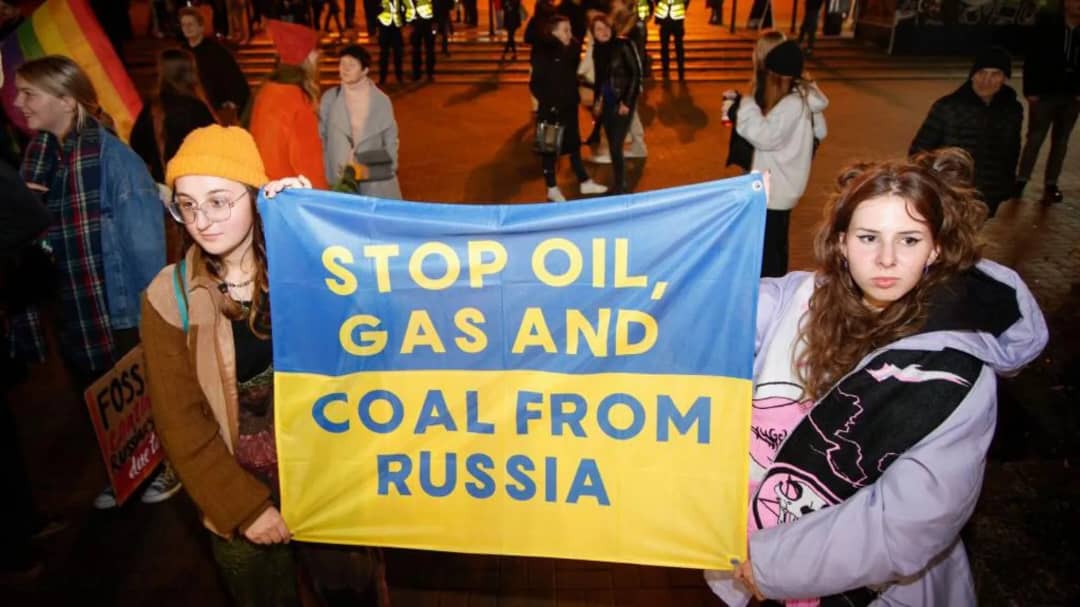
Russia continues to amass unprecedented revenues from fossil fuel exports to the West, a financial pipeline that significantly bolsters its military endeavors in Ukraine, now in the fourth year of its full-scale invasion. An in-depth analysis reveals that, since February 2022, Moscow has generated over three times the amount of aid Ukraine has received from Western allies through hydrocarbon sales.
Data compiled by the Centre for Research on Energy and Clean Air (CREA) indicates that Russia’s fossil fuel exports have brought in more than €883 billion ($973 billion) since the assault began. Despite sanctions enacted by the US, UK, and the European Union, Russian revenues from oil and gas have remained robust, revealing cracks in the West’s sanctions strategy.
Persistent Revenues Despite Sanctions
Russia’s economy heavily depends on oil and gas, which constitute nearly a third of its state income and over 60% of exports. While Western nations imposed bans on Russian oil and gas following the invasion, exceptions and loopholes have undermined these efforts. The EU, for instance, continues to import Russian pipeline gas via Turkey and direct pipelines to Hungary and Slovakia, with recent data showing a 26.77% rise in pipeline gas volumes exported to Europe in early 2025 compared to the previous year.
By late May, Russian fossil fuel revenues from exports—comprising oil, gas, and LNG—exceeded €883 billion. Notably, the EU drained over €209 billion from these exports, highlighting a paradox: the very bloc sanctioning Russia’s invasion continues purchasing its energy.
The Cost of Dependence
Despite a modest 5% decline in revenues from fossil fuels in 2024 compared to 2023, Russian exports remain resilient. LNG exports hit record levels, with half directed to the EU. Critics argue that Europe’s reliance on Russian energy is perpetuated by political and economic fears. EU foreign policy chief Kaja Kallas admitted that sanctions are not "the strongest" due to the risk of escalation and economic disruption.
Meanwhile, energy trade circumvents restrictions through complex mechanisms, notably "the refining loophole." CREA uncovered networks of "laundromat refineries" operating in Turkey and India that process Russian crude into refined fuels, subsequently sold across sanctioning nations. India dismissed such claims as efforts to tarnish its reputation, underscoring the geopolitical complexity.
Western Policymakers’ Dilemma
Experts argue that Western governments possess the tools necessary to diminish revenue streams further. Former Russian Deputy Energy Minister Vladimir Milov emphasizes the importance of stronger enforcement of sanctions, including the oil price cap adopted by the G7, which he describes as ineffective. Additionally, Russian "shadow fleets" of tankers dodge sanctions, but recent efforts by the Biden administration have sought to crack down on these evasions.
Mai Rosner of Global Witness criticizes policymakers’ hesitation, citing fears that cutting Russian fuel imports might spike energy prices. She warns that ongoing dependency allows Moscow to fund its war effort while Europe negotiates its energy needs.
Turning Off the Tap
Policy recommendations include banning Russian LNG exports and closing the refining loopholes, steps that experts believe could decisively decouple Western economies from Kremlin funding. Raghunandan from CREA emphasizes that Europe could eliminate Russian LNG imports with minimal impact, given that only 5% of EU gas consumption stemmed from Russia in 2024.
Misguided Strategies and Disputed Solutions
Amid proposals to influence the conflict through oil prices, some figures, including former officials, dismiss suggestions that lowering global oil prices would end the war. Vladimir Milov notes that Russia’s production costs are lower than some OPEC nations, meaning a price dip could hurt higher-cost producers more than Moscow. Similarly, the U.S. shale industry, already struggling with profitability, would not benefit from such a strategy.
A Moral Quandary
Campaigners like Rosner highlight the fundamental moral dilemma in continued energy purchases from Russia while supporting Ukraine. "We are funding the aggressor and the resistance simultaneously, which complicates our moral standing," she asserts. The dependence on fossil fuels grants energy markets and foreign autocrats disproportionate influence over Western democracies.
As the conflict drags on, it remains clear that the West’s current energy policies inadvertently sustain Russia’s war effort. The decision to tighten sanctions and phase out Russian hydrocarbons could, experts argue, be pivotal in shifting the balance of power in Ukraine’s favor while aligning with broader ethical commitments.







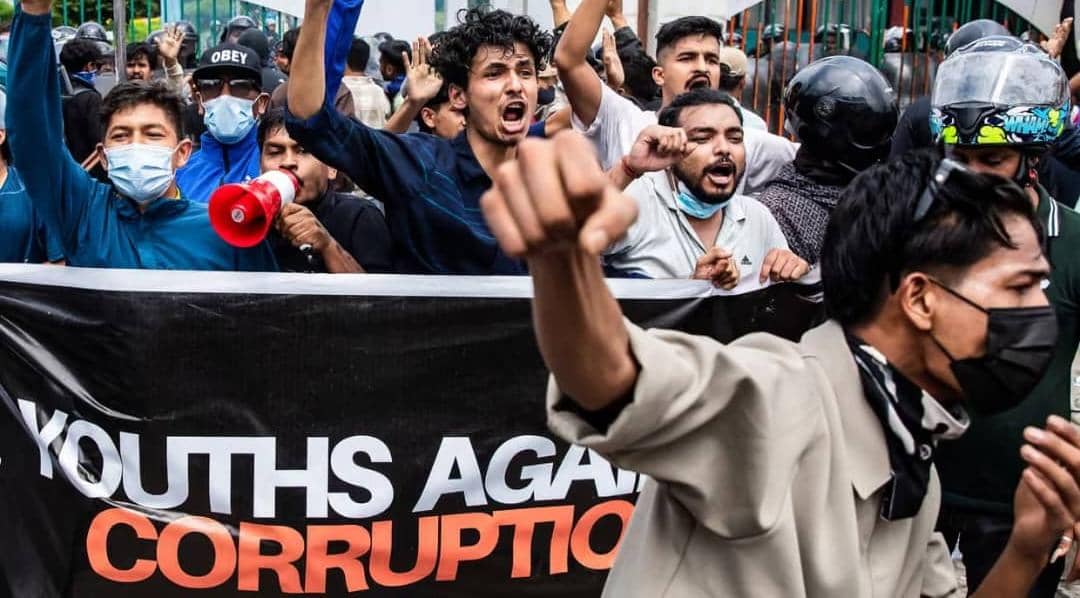
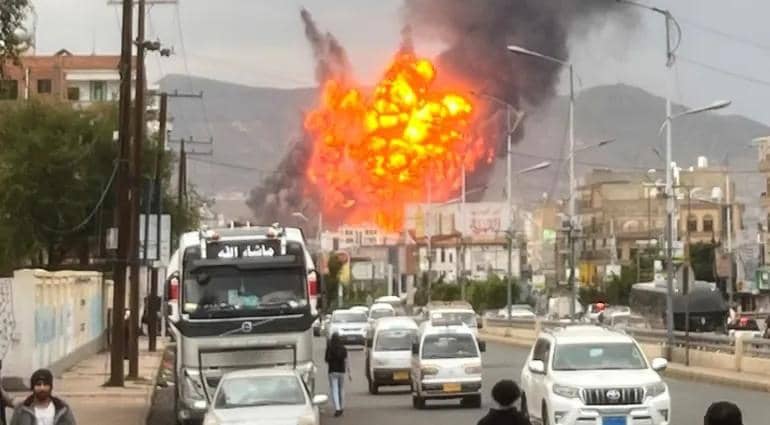

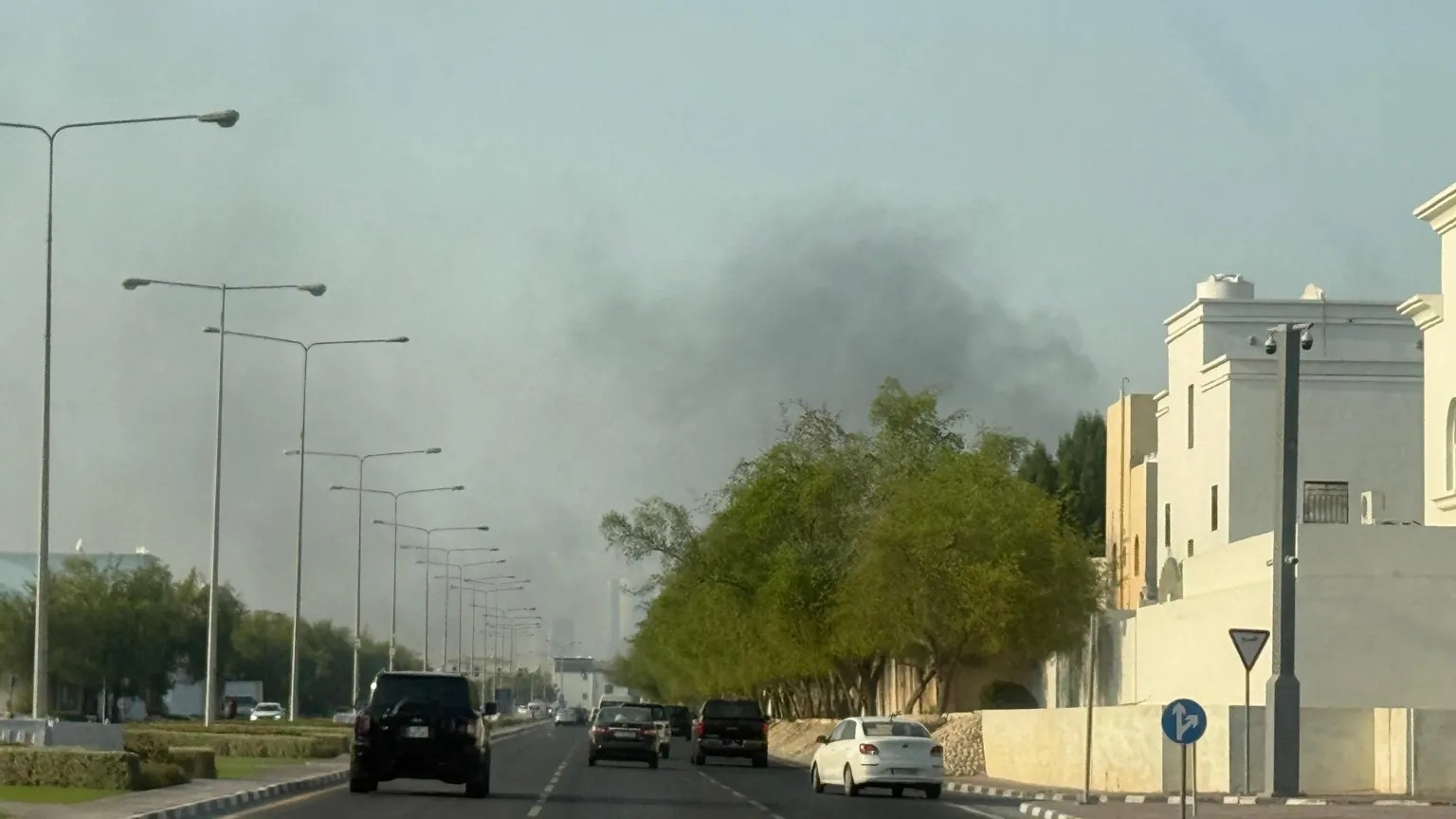

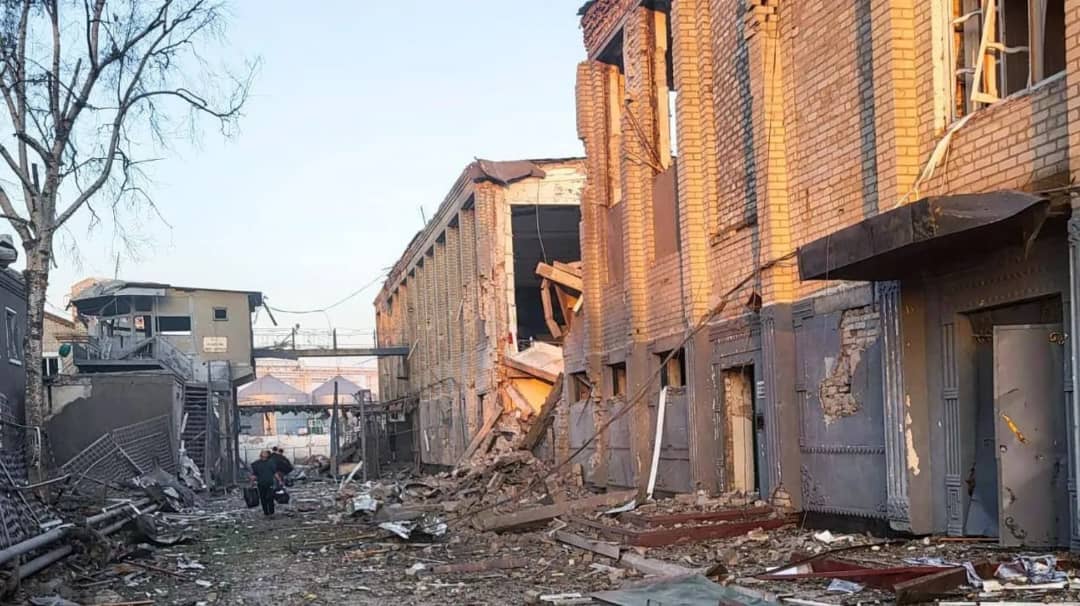
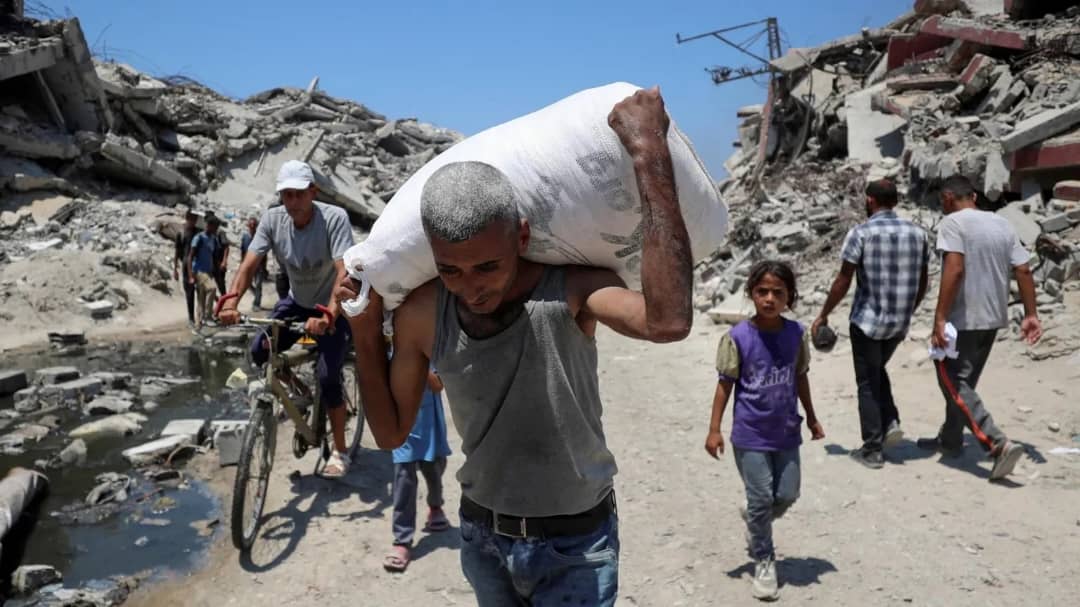
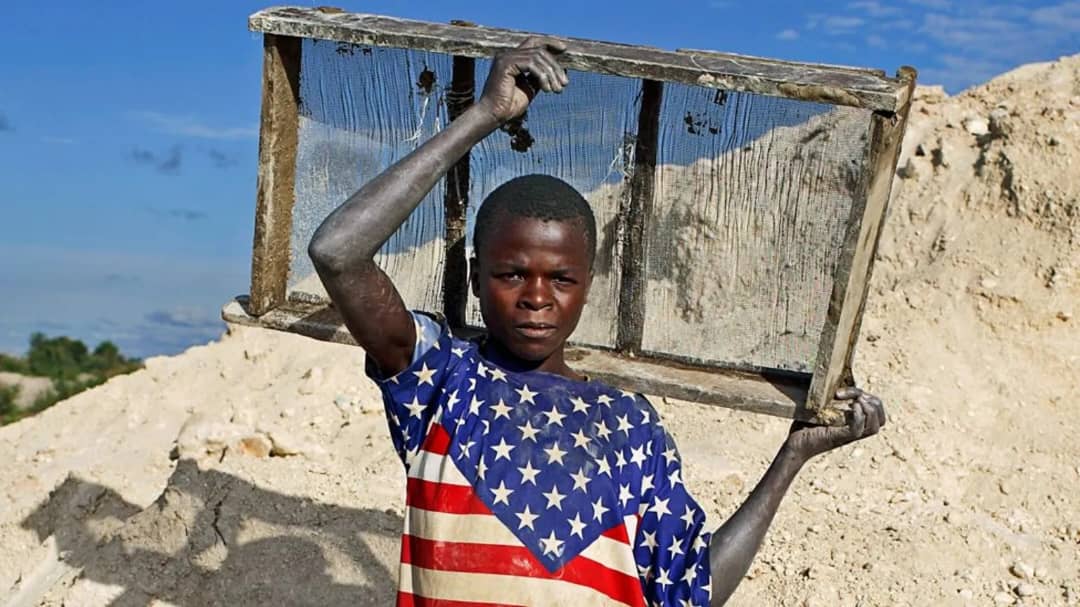

0 Comment(s)